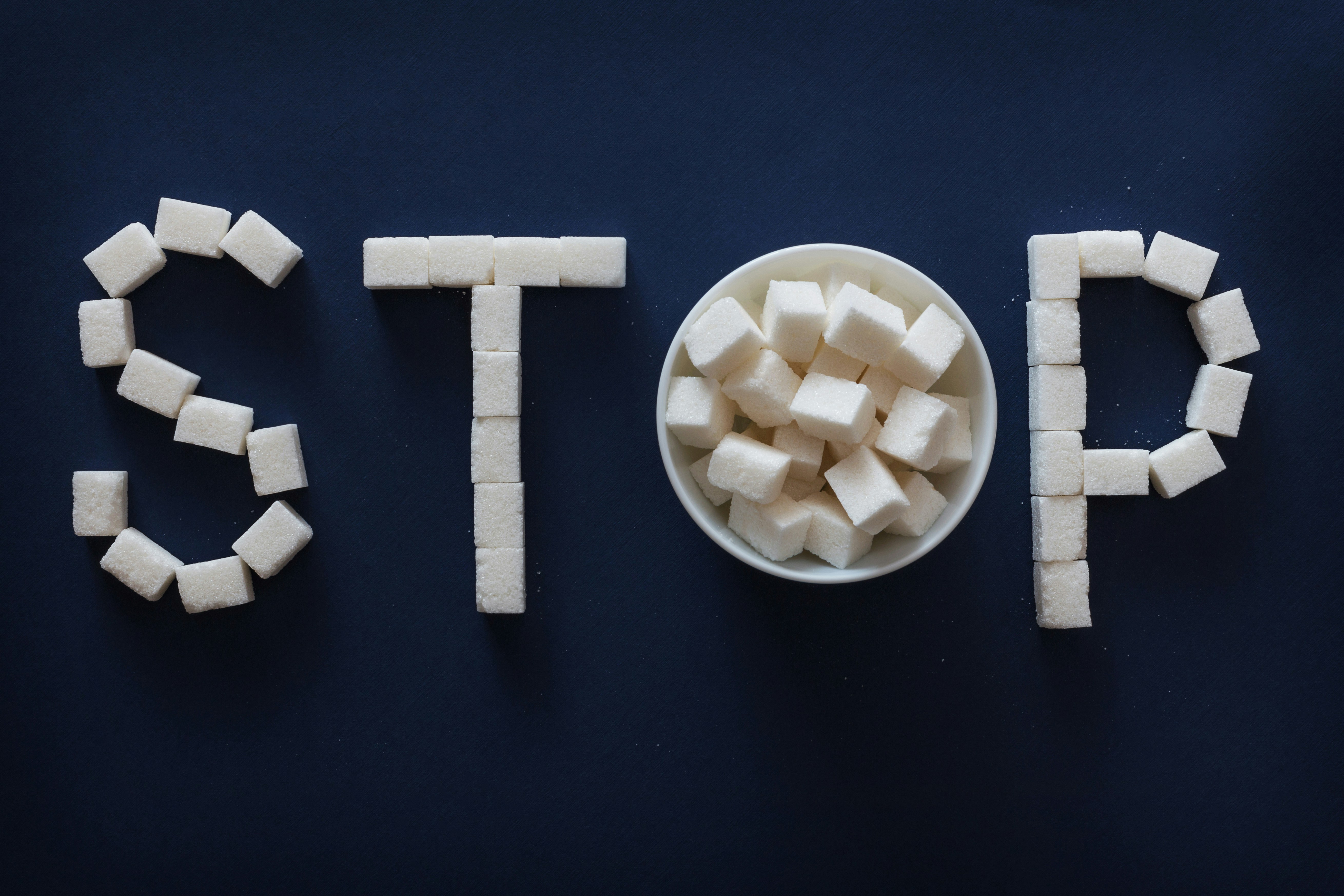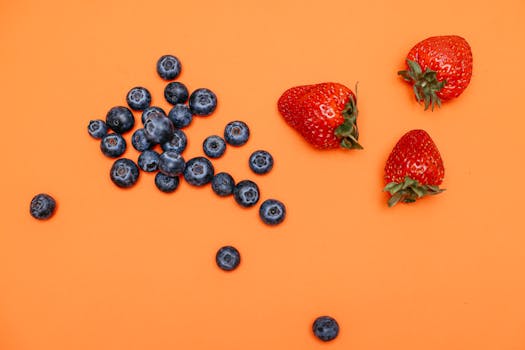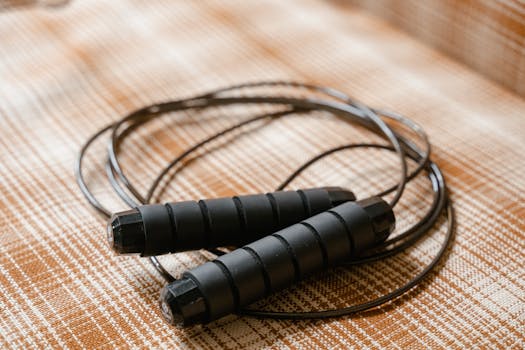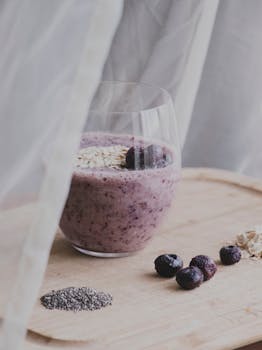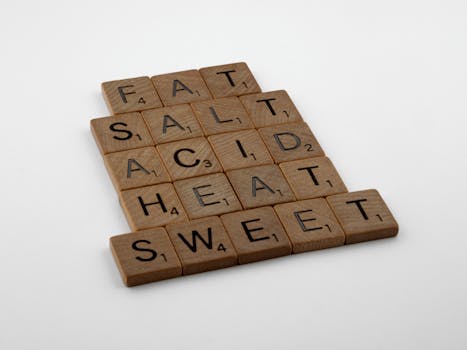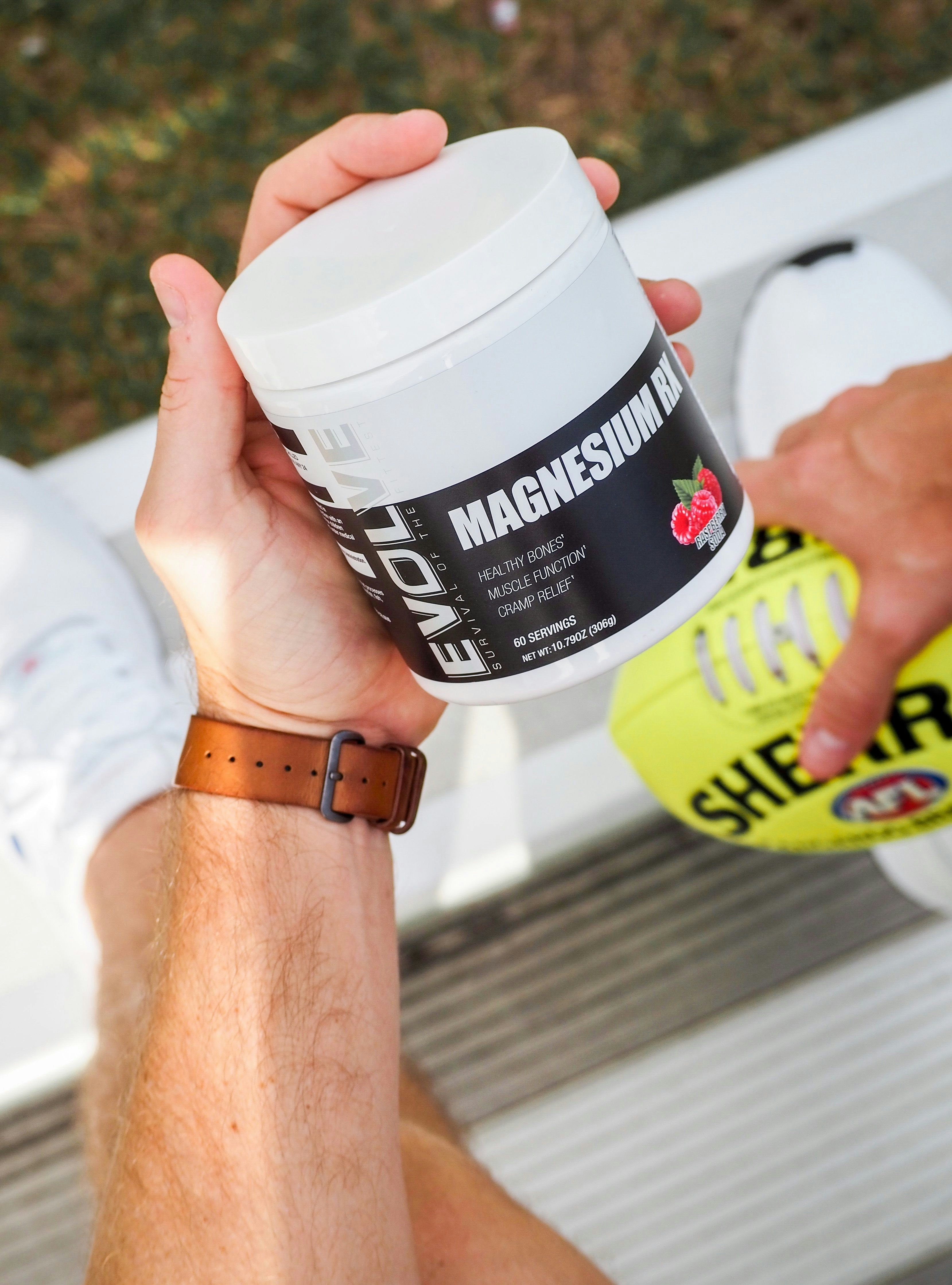Splenda vs Stevia: Which Sweetener is Best for Your Health?
Sep 27, 2024
In the quest for healthier alternatives to sugar, two popular contenders have emerged: Splenda and stevia. As more people seek to reduce their sugar intake for weight loss or health reasons, understanding the differences between these sweeteners becomes crucial. This comprehensive guide will explore Splenda vs stevia, helping you make an informed decision about which might be best for your fitness journey and health goals.
What are Splenda and Stevia?
Splenda: The Artificial Sweetener
Splenda, also known by its generic name sucralose, is an artificial sweetener created in a laboratory. It's made by chemically modifying sugar molecules, resulting in a substance that's 600 times sweeter than regular sugar but contains zero calories.
Stevia: The Natural Alternative
Stevia, on the other hand, is derived from the leaves of the Stevia rebaudiana plant. It's a natural, zero-calorie sweetener that's 200-300 times sweeter than sugar. Stevia has been used for centuries in South America and has gained popularity worldwide as a sugar substitute.
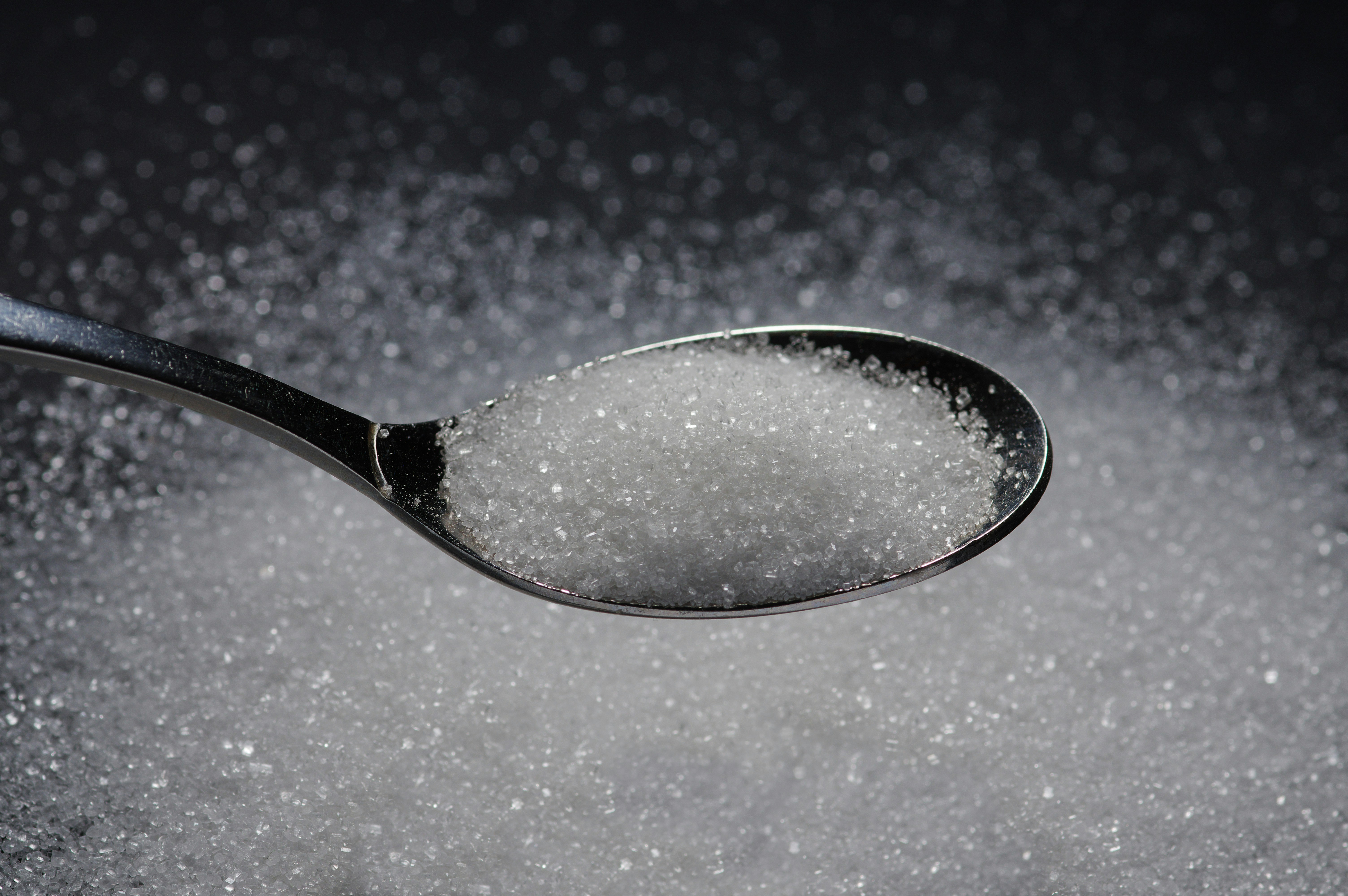
Nutritional Comparison
When it comes to nutrition, both Splenda and stevia are considered zero-calorie sweeteners. However, there are some key differences to consider:
Splenda Nutrition Facts
Calories: 0
Carbohydrates: <0.5g per serving
Glycemic Index: 0
Stevia Nutrition Facts
Calories: 0
Carbohydrates: 0g
Glycemic Index: 0
While both sweeteners don't significantly impact blood sugar levels, some studies suggest that Splenda may have a minor effect on insulin response in certain individuals. This is particularly important for those focused on exercises for weight loss or managing diabetes.
Health Benefits and Concerns
Potential Benefits of Splenda
Zero-calorie alternative to sugar
Doesn't promote tooth decay
Suitable for people with diabetes when used in moderation
Potential Concerns with Splenda
May alter gut bacteria composition
Some studies suggest possible links to inflammation
Long-term effects still being studied
Potential Benefits of Stevia
Natural origin
May have antioxidant properties
Some studies suggest potential benefits for blood pressure
Potential Concerns with Stevia
Some people report an aftertaste
Highly purified forms may not retain all natural plant compounds
May interact with certain medications
It's important to note that both sweeteners are generally recognized as safe by regulatory agencies. However, as with any dietary change, it's wise to consult with a healthcare professional, especially if you're incorporating these sweeteners into a new fitness routine or weight loss plan.
Taste and Culinary Uses
Splenda in Cooking and Baking
Splenda is often praised for its sugar-like taste and versatility in cooking and baking. It remains stable at high temperatures, making it suitable for a wide range of recipes. Many people find it useful when trying to reduce calories in their favorite dishes, which can be helpful when combined with exercises like Russian twists or planks for overall fitness.
Stevia in Cooking and Baking
Stevia, while also versatile, can have a slight aftertaste that some find noticeable. It's excellent for sweetening beverages and can be used in cooking, though it may require some recipe adjustments. Some find stevia particularly useful in post-workout smoothies or as part of a balanced nutrition plan.
Which is Better for Weight Loss?
Both Splenda and stevia can be useful tools for weight loss when used as part of a comprehensive plan that includes regular exercise and a balanced diet. Neither sweetener provides significant calories, so they can help reduce overall calorie intake when used to replace sugar.
However, it's crucial to remember that sustainable weight loss comes from a holistic approach. This includes not just calorie reduction, but also incorporating exercises like burpees, jumping jacks, and strength training routines.
Environmental Impact
For those concerned about environmental impact, stevia may have a slight edge. As a plant-based product, it can be produced with potentially less environmental impact than the artificially synthesized Splenda. However, the processing methods for both sweeteners should be considered for a full environmental assessment.
Making the Right Choice for You
Choosing between Splenda and stevia ultimately comes down to personal preference, health goals, and how your body responds to each sweetener. Here are some factors to consider:
Taste preference
Intended use (cooking, baking, beverages)
Personal health conditions
Environmental concerns
Cost and availability
Remember, while artificial sweeteners can be useful tools for reducing sugar intake, they should be part of a balanced approach to nutrition and fitness. Combining their use with regular exercise, such as yoga, weightlifting, or cardio workouts, can contribute to overall health and wellbeing.
Conclusion
Both Splenda and stevia offer alternatives to sugar that can be beneficial for those looking to reduce calorie intake or manage blood sugar levels. While they have differences in origin, taste, and potential health effects, both can be part of a healthy lifestyle when used in moderation.
As with any dietary change, it's important to listen to your body and consult with healthcare professionals, especially if you have existing health conditions. Remember, no single food or ingredient is a magic solution – the key to health is a balanced diet, regular exercise, and lifestyle choices that work for you in the long term.
Ready to take your health and fitness journey to the next level? Visit Tidalflow's onboarding page to get started with personalized AI-powered fitness coaching that can help you achieve your goals, whether you're looking to lose weight, build muscle, or improve your overall health.
You should not have to do it all on your own



